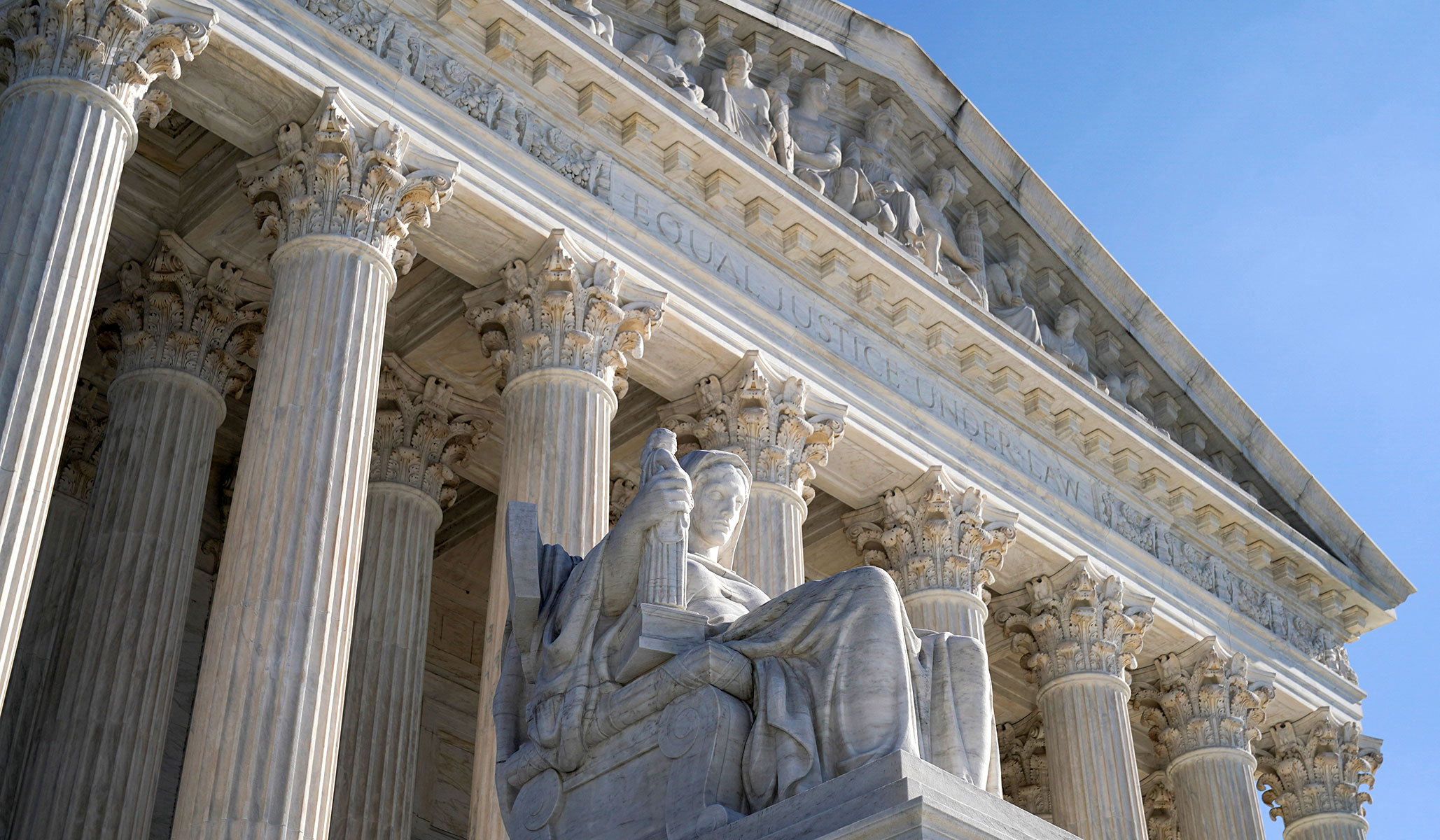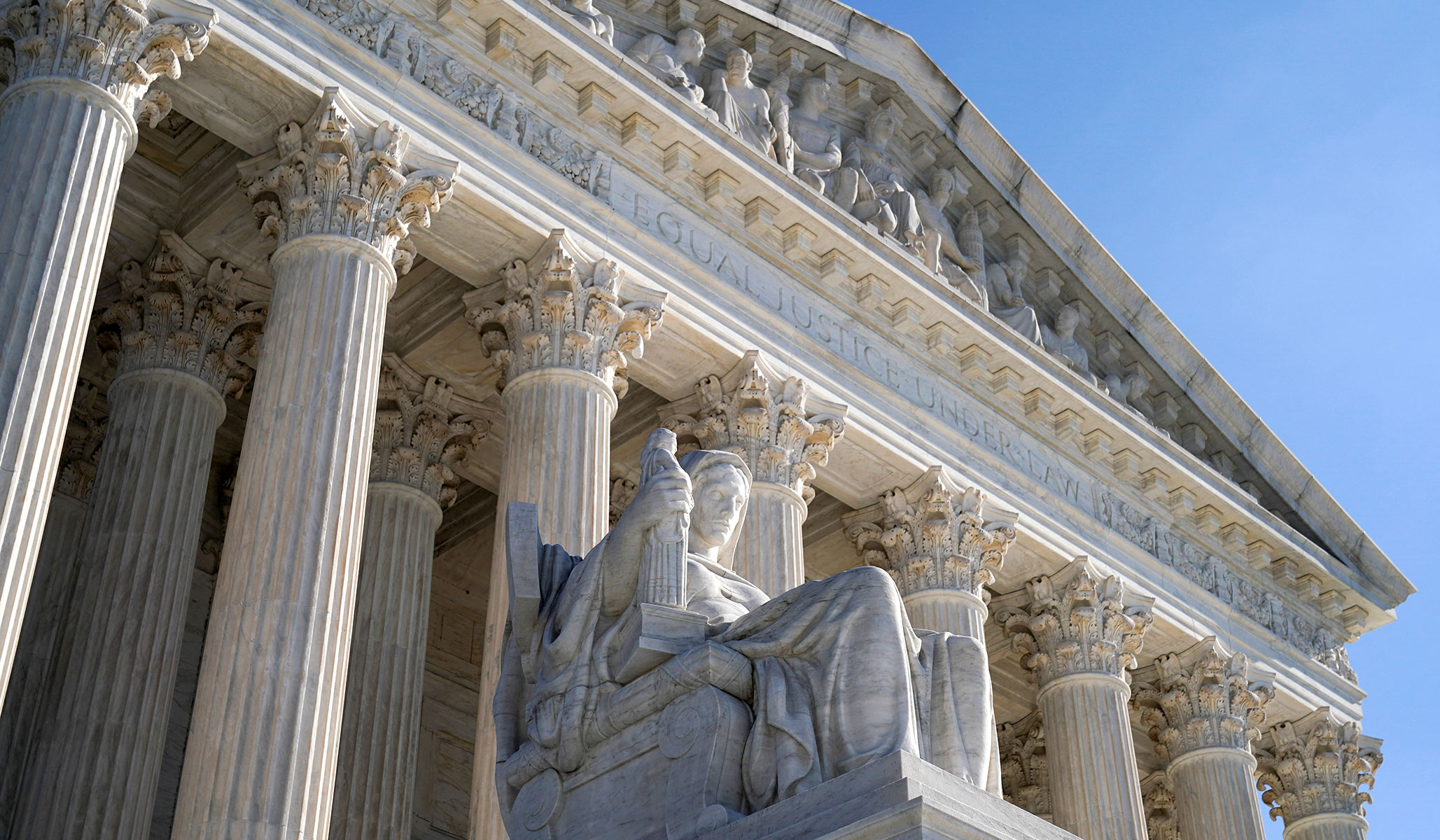
Pomona College professor Amanda Hollis-Brusky penned a Washington Post column titled “Biden said he won’t make an ‘ideological’ Supreme Court pick. Republicans do exactly that.” At first glance, this seems to be pro-Democrat propaganda about how Republican justices are ideologues but Democrats, gosh darn it, just reach totally fair common-sense outcomes:
President Biden assured the host that his nominee to replace Supreme Court Justice Stephen G. Breyer . . . would get support from Republican senators. That’s because Biden is not “looking to make an ideological choice,” he emphasized, adding that his nominee would have a “mainstream interpretation of the Constitution.” This nonideological rhetoric contrasts starkly with that of recent Republican presidents, including Donald Trump, who openly prioritized ideology in their federal court nominees and publicly committed to appointing judges with a particular conservative constitutional philosophy: originalism.
If you are one of those rare people these days who reads past the headline and the opening paragraphs, however, you get to the real bottom line: Democratic politicians and voters demand, and get, judges who promise them the outcomes they want, and they don’t care much about the legal reasoning that gets them there. Republicans, by contrast, ask for judges who have a consistent judicial philosophy, and hope that a faithful interpretation of the written Constitution will deliver their preferred results. “Ideology,” in this sense, simply means that Republicans ask their judicial appointees to have principles and a theory of the legitimate role of judges, and Democrats do not; they just want judges who vote the right way, as if there was no distinction between the job of judges and the job of legislators:
The contemporary Democratic Party is a coalition of social groups, group leaders and demanders of particular policy commitments. The Republican Party, on the other hand, can be understood as a vehicle of a conservative ideological movement that has become increasingly oriented toward dismantling government. In short, Democratic leaders see themselves as responsible to particular voting blocs and delivering on their policy demands, while Republican leaders see themselves as beholden to symbolic ideological commitments to freedom, small government, individual liberty and so on. . . . Some on the legal left are trying to develop an ideological answer to the Federalist Society and the conservative legal theory of originalism. . . . This project has been largely unsuccessful so far.
